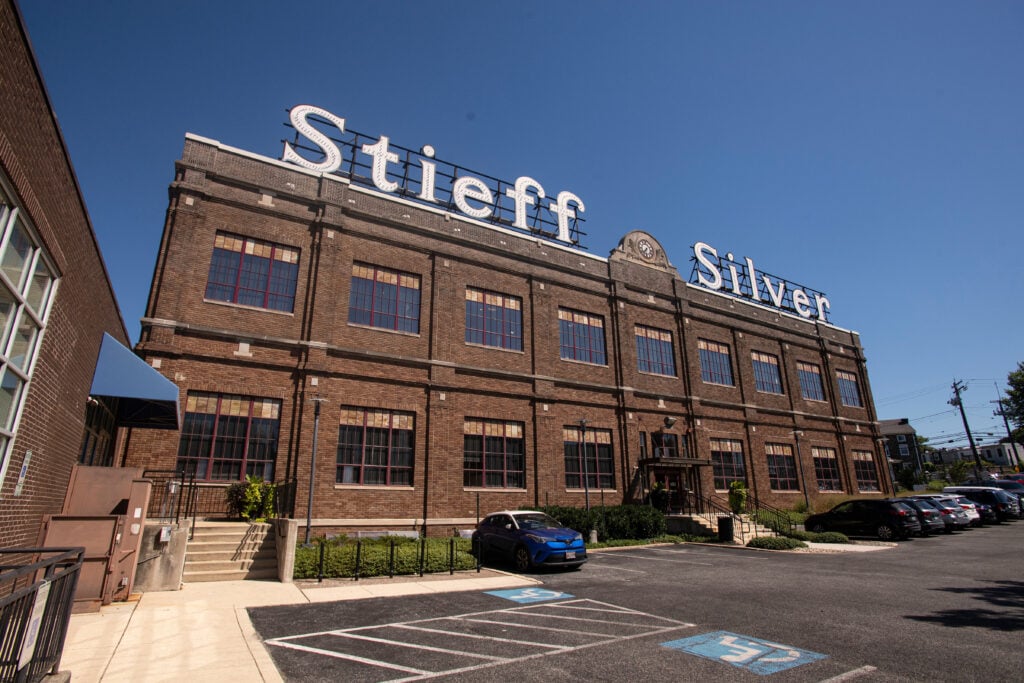Eight interdisciplinary research teams selected by the Johns Hopkins Institute for Assured Autonomy are now completing work supported by Challenge Grants that began in 2023. These grants support high-impact projects focused on the existential challenges of assurance and autonomy. “The Challenge Grant teams provide a unique opportunity for faculty and researchers at Johns Hopkins University and the Johns Hopkins University Applied Physics Laboratory (APL) to tackle complex problems that extend beyond the scope of any single laboratory,” says James Bellingham, executive director of IAA.
Throughout the grant period, the teams pursued external funding opportunities and explored corporate partnerships.
“Building on the success of IAA’s earlier seed grants—which effectively engaged researchers in addressing the challenges of assuring autonomous and artificial intelligence (AI) systems—the Challenge Grants channeled that momentum toward emerging opportunities in transportation, health care, space, and critical infrastructure,” explains Bellingham.
The teams pursued projects on topics including autonomous vehicles, AI in health care, and assurance of critical infrastructure.
- A team led by Ariel Greenberg, a senior staff scientist and project manager at APL, and Chien-Ming Huang, John C. Malone Assistant Professor of Computer Science at the Whiting School of Engineering (WSE), studied the conceptual and technological advances required to enable artificial agents to act with prosocial intent. Focused on designing machines that seek opportunities to help while preventing harm, the team explored how much sensitivity artificial agents need to determine whether they understand a scene well enough to intervene ethically without human guidance.
- Enrique Mallada, associate professor of electrical and computer in WSE, and Tamim Sookoor, senior professional staff at APL, led a team that studied how to overcome basic limitations that prevent the use of advanced AI learning techniques in important systems where safety is critical.
- A team led by I-Jeng Wang, a research scientist at APL, and Angie Liu, assistant professor of computer science in WSE, looked at how to ensure that cities and their critical infrastructures are resilient when under threat extreme events such as natural and manmade disasters.
- Yinzhi Cao, associate professor of computer science in WSE, and Tamim Sookoor, senior professional staff at APL, studied how to ensure that cities are resilient to threats posed by climate change, population growth, hackers, and other adversaries.
- Tinoosh Mohsenin, associate professor of electrical and computer engineering in WSE, Anna Buczak, a chief scientist at APL, and their team focused on developing a vision for assured autonomy that combines explainable AI, deep reinforcement learning, and human-guided feedback.
- Richard Day, director of the Precision Medicine Center of Excellence in Patient Safety and Quality at Johns Hopkins School of Medicine, and Kimia Ghobadi, John C. Malone Assistant Professor of Civil and Systems Engineering in WSE, led a team focused on redesigning the delivery of critical care in operating rooms and intensive care units where acute, complex, task-dense, and high-risk care is delivered. The team believes that incorporating AI into healthcare settings, training, performance, and satisfaction of staff will lead to higher quality care at lower costs.
- A team led by Ed Pavelka, senior professional staff at APL, and Krishan Sabnani, Homewood Distinguished Professor of Computer Science, focused on connected transportation systems and how to bring together experts across industries to ensure that vehicles with advanced autonomy behave in safe, reasonable, and acceptable ways.
- Amy Haufler, senior human machine engineer at APL, and Peter Kazanzides, research professor of computer science in WSE, brought a team together with the aim of enabling partners to establish a community focused on a sustained and responsible presence on the Moon through autonomous capabilities.
Collectively, the Challenge Grant teams submitted grant proposals to the National Science Foundation, including the NSF Engineering Research Centers program and the NSF Civic Innovation Challenge competition, and to the National Aeronautics and Space Administration. Teams have also submitted proposals for internal funding, including through the Data Science and AI Institute’s Demonstration Projects program and the JHU Nexus Awards.
Bellingham said that it is particularly exciting to see common threads emerge across these domains, especially the deepening connection between autonomy and communications—a relationship that is proving crucial for mobile and exploratory systems.
“I’m confident that these efforts will foster strong relationships and trust with government and industry sponsors, laying the foundation for sustained support of our graduate students, postdocs, and research staff,” he said. “We are deeply grateful to the President’s Office for the support that made this initiative possible, and IAA looks forward to engaging with our membership and other centers and institutes as we build on and add to the Challenge Grant initiatives.”
